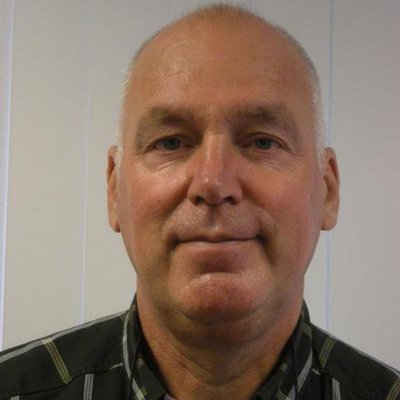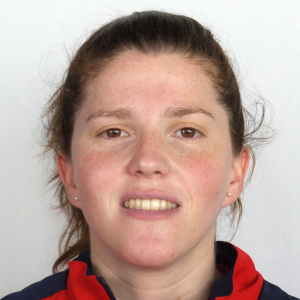Module C is essential for those who want to master the insertion of telemetric units into the peritoneal cavity or subcutaneously in rodents.
Module C: Radio-telemetry in small rodents
Radio-telemetry is a low postsurgical stress method to measure physiological parameters such as heart rate, electrocardiogram (ECG), blood pressure (BP), ventricular pressures (LVP and RVP) blood flow, acceleration and body temperature in freely moving laboratory animals. The telemetric unit is placed under anaesthesia in the peritoneal cavity or subcutaneously in the animal. Various sensors and or electrodes, e.g. ECG, EMG, BP, blood flow, blood glucose, body temperature connect to the unit. The device sends a frequency-modulated signal to the receiver that, depending on the system, can be placed underneath the animal’s cage, in the holding room or the animal holding facility in the case of free-living larger animals. Through a data acquisition system, the raw data are converted and stored in the computer. Radiotelemetry data are very reliable. There is no influence of anaesthetics, handling or restrain. Some people even dare to say that telemetry is the “Truth”. It indeed is an excellent form of refinement, but only if the surgical implantation is optimal.
We train in small groups of 5-8 with larger groups available by arrangement. Attendees are provided with a Leica or Zeiss binocular operating microscope, a full set of microsurgery instruments, and all of the materials you will need. You will experience hands-on learning both in models and in living material. Each module ends with a customized learning experience of choice where attendees can polish their skills in an area outside of the established training plan.
Our courses require a degree as a lab technician, veterinarian, biologist, pharmacologist or any other medical science.
If appropriate for you this can include;
- pharmacology models, for measuring ECG, EEG, EMG, blood pressure or other pressures (LVP and RVP, intra-thoracic pressure) or any others specifically relevant to your needs
- toxicology models, for studying QT-prolongation in a chronic study design.
- other techniques by agreement before or during the module
Here you will find the program of Module C, 3-days and the program for Module C, 5-days
Next Course: May 13, 2024
Location:
Almere, The NetherlandsRegistration Fee
- Industry: €4500
- Government and Foundations: €4000
- Academic: €3500
Workshop Dates
April 8 - April 12, 2024
May 13 - May 17, 2024
July 15 - July 19, 2024
July 29 - August 2, 2024
August 12 - August 16, 2024
Application Form
Instructors
Director
René Remie Surgical Skills Centre
Senior Instructor
René Remie Surgical Skills Centre

